The Master´s Degree in Data Intelligence oriented to Big Data is a structured course. The course of studies is organized in eleven theoretical and practical subjects, one optional subject, one Thesis writing workshop and a Master´s Thesis. The courses can be divided in modules by topic.
Extra activities such as elective subjects, works, tutorials, seminars, etc. can be added to the subjects in order to fulfill the students’ training and information.
The subject assessment is defined by the professor in charge although there is always a written proof of this (exam, monograph, and work).
The stipulated time to obtain the Master´s Degree in Data Intelligence oriented to Big Data is between two (2) and 5 (five) years since enrollment.
The subjects for the Master´s Degree will be available every year and the student has up to twelve (12) months since passing the subjects to submit and pass their Master´s Thesis.
In some cases, the Honorable Academic Council can grant an extension of that period to finish the Thesis based on the applicant´s request. However, it is required a special majority of the HCD (two-thirds of the members of the board).
12 (11 compulsory and 1 optional) and a Thesis
BASIC AREA
The Basic Area contents can be included in the subjects of any course of studies. During the enrollment process, the academic background of applicants will be studied in order to give the corresponding equivalencies. In those cases where the course of studies training was not enough to pass these subjects, the applicant should study the suggested material and sit for an exam.
![]() Programming
Programming
Dr. Laura De Giusti, Dr. Waldo Hasperué, Dr. Augusto Villa Monte
![]() Statistics
Statistics
Dr. Laura Lanzarini, Lic. Facundo Quiroga
Data base
Mg. Pablo Thomas, Mg. Rodolfo Bertone
FUNDAMENTALS
![]() Data Mining
Data Mining
Dr. Laura Lanzarini
![]() Automatic Learning
Automatic Learning
Dr. Guillermo Leguizamón
, Dr. Alejandro Rosete, Dr. Franco Ronchetti
![]() Intelligent Data Analysis in Big Data environments
Intelligent Data Analysis in Big Data environments
Dr. José Ángel Olivas Varela, Dr. Waldo Hasperué
![]() Big Data Visualization
Big Data Visualization
Dr. Silvia Castro, Lic. Cesar Estrebou.
![]() Concepts and apps of Big Data
Concepts and apps of Big Data
Dr. Waldo Hasperué
![]() Text Mining
Text Mining
Dr. Marcelo Errecalde, Dr. Alfredo Simón, Dr. Augusto Villa Monte
ELECTIVE AREA
(Choose only one subject)
![]() Data capture and storage
Data capture and storage
Mg. Oscar Bría, Mg. Javier Bazzocco
![]() Applications of Data Intelligence
Applications of Data Intelligence
Dr. Aurelio Fernández Bariviera, Dra. Laura Lanzarini
![]() Time Series
Time Series
Dr. Aurelio Fernández Bariviera, Dra. Laura Lanzarini
![]() Statistical learning
Statistical learning
Dra. Laura Lanzarini, Dr. Alejandro Rosete, Lic. Facundo Quiroga
![]() Parallel processing applied to Big Data
Parallel processing applied to Big Data
Eng. Armando De Giusti, Dr. Enzo Rucci
EXTRA SUBJECTS TO SUBMIT THE THESIS
![]() Research Methodology
Research Methodology
Professors: Dr. Emilio Luque; Dr. Dolares Rexachs
![]() Workshop on Thesis Writing
Workshop on Thesis Writing
Professors: Mg. Maria Malbran; Dr. María Alejandra Zangara
THESIS
The Master´s Degree Thesis writing should reflect a detailed and updated study of the state of the art in the particular area of Data Intelligence and a research or applied development which should constitute a creative contribution at national level.
It can be complemented with presentations given in Congresses or publications of his/her authorship or co-authorship on the same topic.




 Español
Español